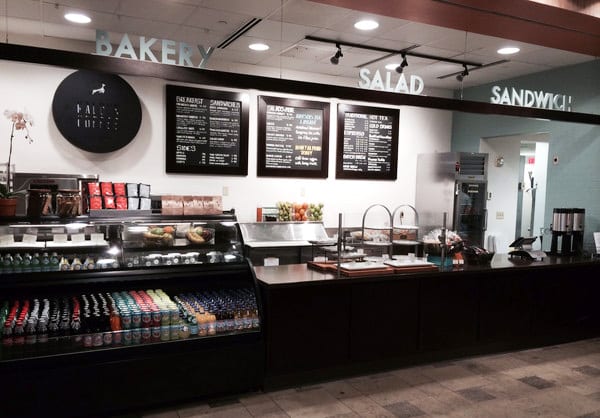Washington University in St. Louis’ Dining Services seeks to increase the amount of fair trade and fair food products available on campus.
Specifically, WashU aims to purchase 15 percent environmentally preferable, humane, and fair food by 2017, and 25 percent by 2020 by dollars spent.
Fairly produced and grown products establish working and labor standards for employees that are just and humane. The most critical issues to avoid include child labor, indentured servitude, and slave labor. Following standards such as fair trade will help to ensure that our producers are using fair labor practices. In the future, certifications for domestic products such as domestic fair trade can be pursued to encourage fair practices at home.
Fair trade certification, applied to exotics and imports such as coffee and bananas, ensures that producers and laborers receive a living wage, work in safe conditions, and are incentivized to pursue sustainable farming practices. Fair trade seeks to minimize the amount of food dollars that are absorbed by intermediaries, and fair trade products are in some cases a cost-neutral switch from conventional products.
Currently, all of the coffee served by Dining Services on the Danforth Campus meets or exceeds fair trade certification. All coffee sold at one of the two dining locations on the School of Medicine campus is currently fair trade certified. The Washington University School of Law also offers fair trade options for coffee.

The purchasing matrix suggests that other specified exotic imports to be fair trade certified, as switching to these products is one of the most cost-effective and feasible ways of providing more ethical and sustainable food choices on campus immediately.
Dining Services Commitments
To increase the amount of fair trade products available, Washington University Dining Services will:
- Seek to consistently provide coffee that meets or exceeds fair trade standards, including at special events and catering, where not already provided.
- Explore the feasibility of transitioning to fair trade bananas, tea, and chocolate.
- Investigate the fair labor treatment of workers at major domestic suppliers wherever possible.
- Supplement with educational and labeling efforts to spread awareness to customers.